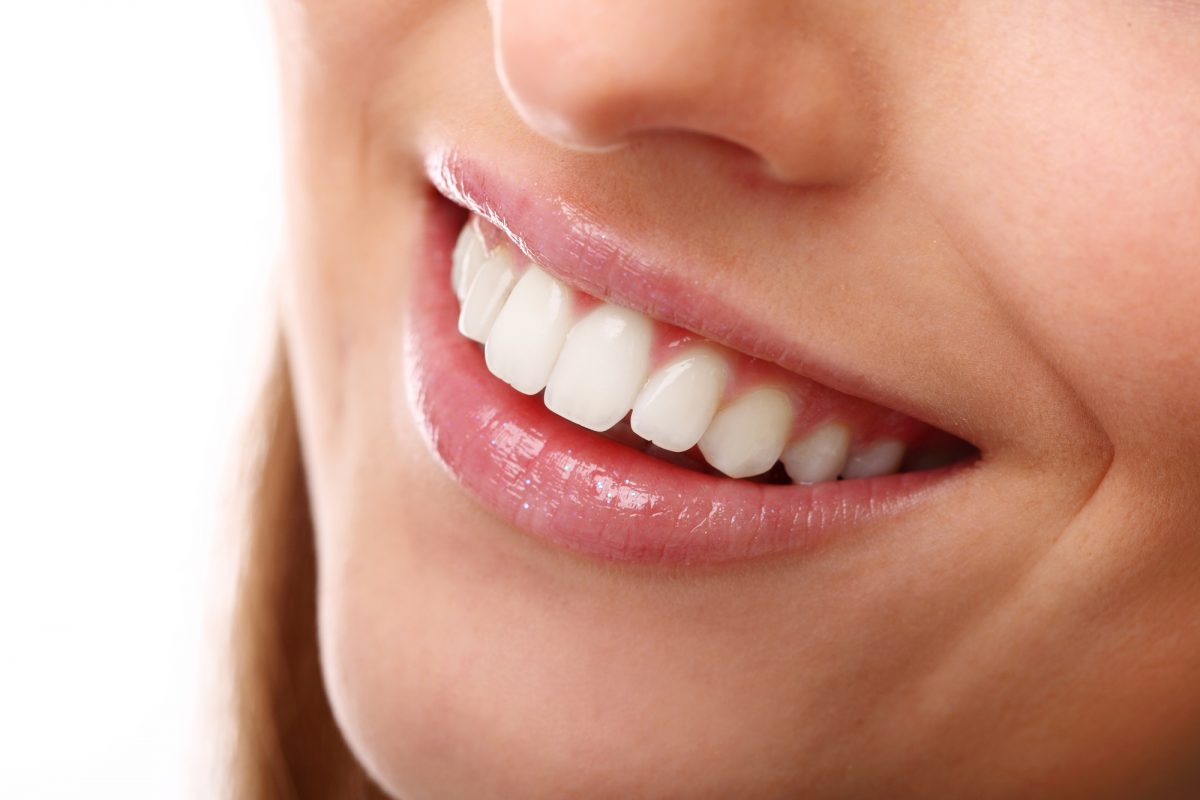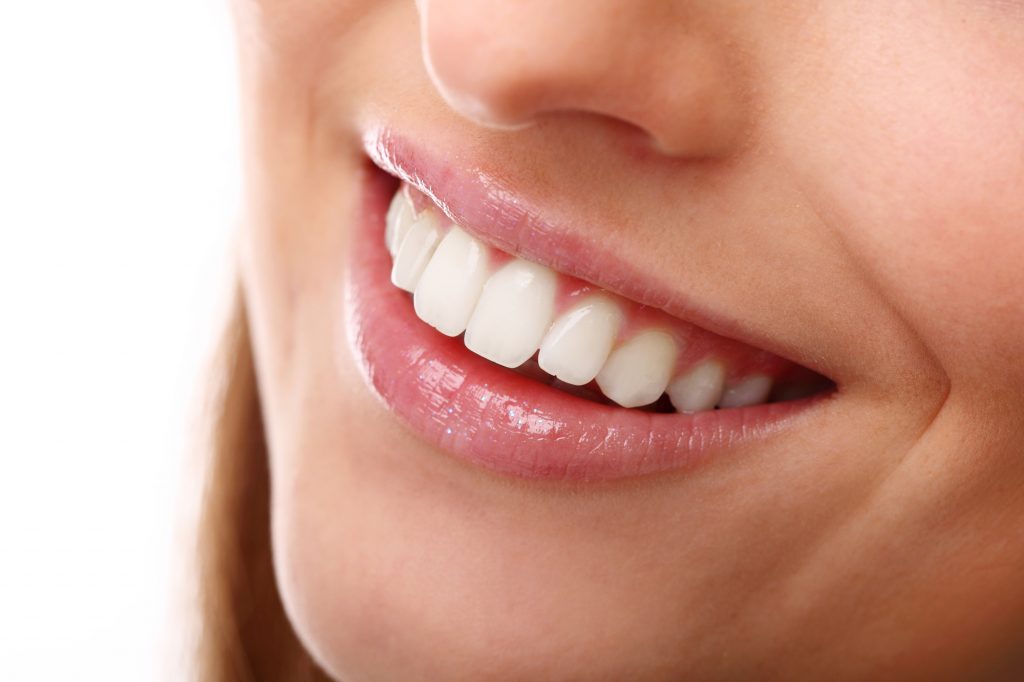
A lot of the time we take our teeth and our oral health for granted until we start to have problems like bad breath, tooth pain and loose teeth. Then we realize how our smile is the first thing people see when they talk to us, and how simple things like eating and talking can become difficult.
Don’t wait until it is too late to take care of your teeth. Follow these 5 effective ways to improve oral health now.
1. Proper Daily Hygiene
Be sure to brush and floss your teeth and gums twice a day thoroughly. Not properly brushing and flossing your teeth leads to build up of plaque and bacteria on your teeth and in your gums causing inflammation known has gingivitis which if left unchecked can turn into periodontal disease which increases your risk for cavities, tooth loss and even heart disease.
2. Don’t Forget About Your Tongue
It might surprise you to know that your tongue is often the culprit when it comes to bad breath and the bacteria on your tongue can contribute to teeth and gum problems too. Be sure to clean it gently every time you brush and floss your teeth.
3. Cut Back on Sugary Foods
Eat a healthier diet of fruits, vegetables and healthy proteins and carbohydrates and cut back on sugary foods like candy and soda. There are certain foods that are known to be good for your teeth. For instance, butter, olive oil and avocados are healthy fats that good for your teeth and bones. And eating strawberries can help whiten your teeth naturally.
4. Don’t miss your Dental Appointments
For optimum oral health you should see your dentist every 6 months for a good cleaning. At that time the dental hygienist can let you know if there are any cavities or other problems that might need to be fixed. Keep in mind that if you do have cavities or the beginning of gum disease, get it treated right away or it will only get more painful and more expensive.
5. Straightening your Smile Might Help
If you have crooked teeth or a bite issue, get evaluated by an orthodontist. These issues make it more difficult to clean your teeth and gums properly and cause a lot more wear and tear on your teeth and gums.
Today there are a lot more orthodontic options than there used to be.There are the traditional metal braces, Invisalign aligners which are clear plastic removable aligners, lingual braces which are attached to the backs of your teeth, and ceramic braces that are like traditional metal braces but are tooth colored making them more invisible.
Each type of treatment has its own lists of pros and cons so weigh them each carefully before making a final decision. If cost is a consideration, talk to your orthodontist about possible payment plants. They really want to help you as much as possible.
Here are some of the main differences between them:
Metal braces are permanently adhered to your teeth and can only be taken off by the orthodontist at the end of treatment. To help shift your teeth, the orthodontist will tighten the wires at your regular appointments. There are certain food and drink restrictions with this treatment, and you may have to wear them for 3 or more years depending on how your treatment goes. Metal braces can treat most bite and alignment issues.
Invisalign treatment involves wearing removable, clear plastic aligners. You must remove them to eat and to brush and floss your teeth. The good part of this is that you will have no food restrictions and keeping your teeth and aligners clean will be much easier. Generally, you will receive a new set of aligners every two weeks as your teeth shift into proper alignment. Invisalign can also handle both simple and complicated alignment issues
Lingual Braces are attached to the back of the teeth instead of the front making them practically invisible to the people around you. They are made up of brackets and wires like traditional braces, but because of their positioning they are more discrete. Unfortunately, there are some bite conditions that cannot be treated with lingual braces such as patients with a deep overbite. In addition, not all orthodontists offer this type of treatment. It requires special training because the wiring work is more intricate than it is with traditional treatment.
Ceramic Braces are a combination of wires and clear ceramic brackets to make the braces less noticeable in the mouth. Keep in mind though that staining from food and drink is more of an issue with ceramic braces.
Want to learn more about how a straighter smile can improve your oral health and what treatment options are best for you, call Orthodontics Limited today to schedule your free consultation. They have office locations in Northeast Philadelphia, Hatboro, and Rittenhouse Square in Center City. Choose the location that is most convenient for you and call them today.



